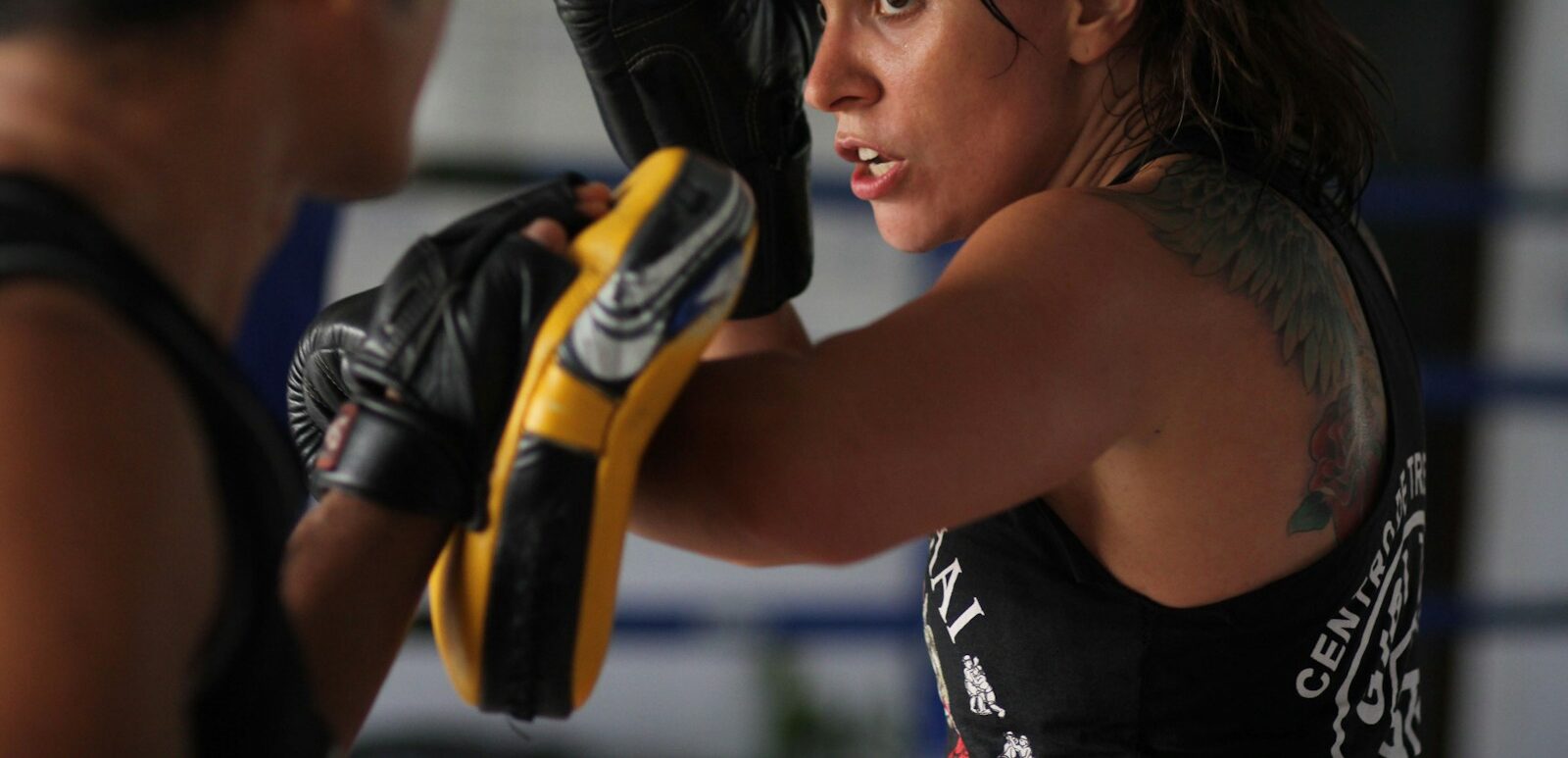Key Takeaways:
- Italian boxer Angela Carini quit a match after 46 seconds during the Paris Olympics.
- Her opponent, Imane Khelif of Algeria, had previously failed a sex-identification test.
- The incident has sparked debate about fairness in women’s sports.
- Critics argue that biological differences can give some athletes an unfair advantage.
- This situation highlights the challenges of ensuring fair competition in women’s categories.
The Incident That Sparked Debate
During the Paris Olympics last summer, a surprising moment in women’s boxing caught everyone’s attention. Italian boxer Angela Carini stepped into the ring to face Imane Khelif of Algeria. But just 46 seconds into the match, Carini suddenly quit. This unexpected decision raised eyebrows and led to widespread discussion.
What made this even more controversial was Khelif’s history. Earlier in 2023, she had been disqualified from the Women’s World Boxing Championships after failing a sex-identification test. This means there were questions about whether she met the criteria to compete in women’s categories.
The quick end to the match in Paris left many wondering why Carini decided to stop fighting so early. Was she intimidated, or did she feel the match was unfair from the start? The situation has since become a focal point in a larger debate about fairness in women’s sports.
The Implications of the Incident
The match between Carini and Khelif has brought attention to a sensitive topic: how to ensure fairness when athletes compete in women’s categories. Critics argue that when some athletes, for various reasons, have physical traits more typical of males, it can create an uneven playing field.
For example, some people believe that differences in strength, speed, or endurance due to biology can give certain athletes an advantage. They argue that this can make it harder for other competitors to succeed, even if they train just as hard.
However, others say that inclusion and equal opportunities for all athletes are just as important. They believe that sports organizations should find ways to balance fairness while respecting everyone’s right to compete.
The situation with Khelif and Carini has made this debate more urgent. Many are now asking for clearer rules to ensure that women’s sports remain fair for all participants.
The Broader Debate About Fairness in Sports
This isn’t the first time concerns about fairness in women’s sports have been raised. Over the years, there have been several high-profile cases where athletes’ eligibility to compete in women’s categories has been questioned.
Some groups argue that allowing athletes with certain physical advantages to compete in women’s sports undermines the purpose of having separate categories for men and women. They believe that this can lead to an unfair advantage and discourage female athletes from participating.
On the other hand, supporters of inclusion argue that everyone should have the opportunity to compete, regardless of their background or physical characteristics. They emphasize that sports should be about equality and providing chances for all athletes to shine.
The challenge for sports organizations is finding a balance between these two perspectives. How can they ensure fairness while also promoting inclusion? This is a difficult question, and there’s no easy answer.
What Happens Next?
The incident at the Paris Olympics has put pressure on sports organizations to take a closer look at their rules. Many are now calling for clearer guidelines to determine who can compete in women’s categories.
For example, organizations like the International Olympic Committee (IOC) and the International Boxing Association (IBA) may need to review their policies. They could introduce more robust testing or different criteria for eligibility.
However, any changes must be made carefully. Sports organizations need to protect the rights of all athletes while ensuring that competitions remain fair. This is a complex issue, and finding a solution won’t be easy.
Conclusion: A Call for Fairness and Inclusion
The controversy surrounding Angela Carini and Imane Khelif has highlighted the challenges of ensuring fairness in women’s sports. While some argue that certain athletes may have an unfair advantage, others believe that inclusion is just as important.
As sports organizations work to address these issues, they must balance fairness and equality. The goal should be to create a system where all athletes feel they have an equal chance to succeed, regardless of their background or physical characteristics.
In the end, the debate over fairness in women’s sports is far from over. But one thing is clear: finding the right solution will require careful thought, open dialogue, and a commitment to ensuring that sports remain a level playing field for everyone.
